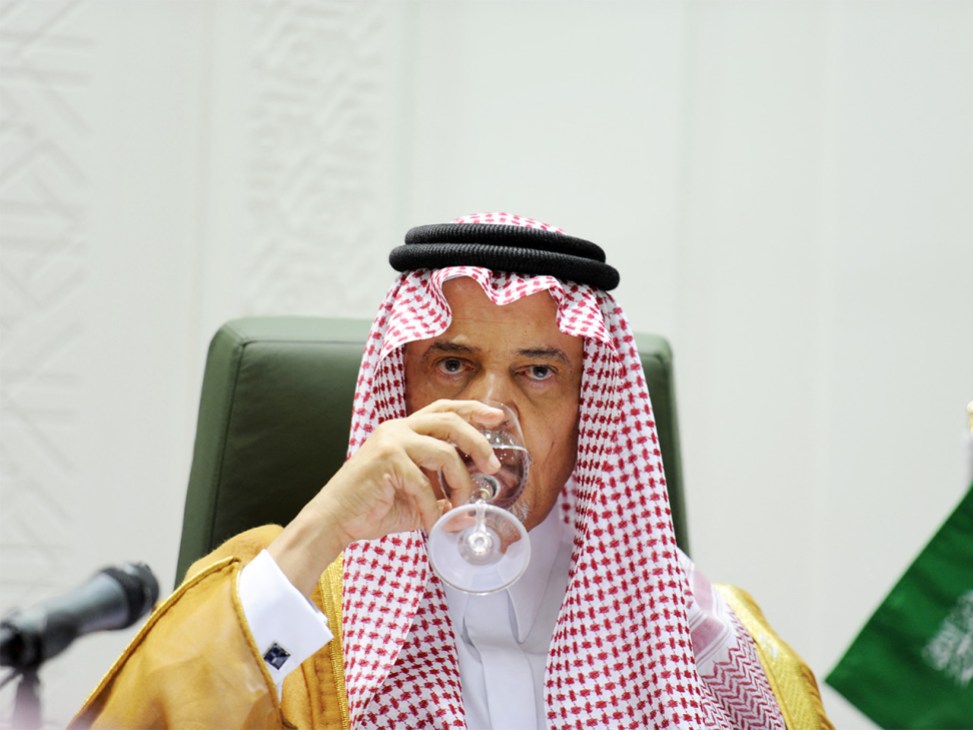Saudi Arabia’s latest alcohol policy shift lowers the bar for raising a glass
Riyadh looks set to loosen alcohol prohibitions for select foreign residents in the kingdom. The discreet change widens access to booze in the country’s only liquor store amid suggestions that additional outlets will soon be opened, including one rumoured for state-owned oil company Aramco’s compound in Dhahran. The tightly controlled current shop, which opened in early 2024 inside Riyadh’s Diplomatic Quarter, was initially limited to use by foreign non-Muslim diplomats. Now, Premium Residency holders – a small, affluent cohort of people who pay about €173,000 for long-term status – have been permitted entry. Inside, phones are banned and the rules are rigid. Though the move might seem like a conservative procedural alteration, it’s a major step in the country’s modern history.
Ask Saudis about it and you’ll hear a mix of pragmatism and caution. Many say that private drinking has long been a feature of social life for some residents – “There’s drink everywhere anyway,” as one put it – and authorities have rarely shown interest in enforcement behind closed doors. Yet the politics remain delicate. Several locals warned that allowing foreigners but not Saudis to drink alcohol risks provoking a backlash. “It could cause outrage,” one told Monocle. There’s also a sizeable group that is uneasy with the country’s rapid social shifts. Booze, more than cinemas or concerts, touches a nerve. And while some welcome a regulated system that might shrink the black market, others, including many Muslim expats, appreciate the dry environment and are worried that it will be eroded.

Crown Prince Mohammed bin Salman’s other social reforms, such as allowing women to drive and the reopening of cinemas, have happened quickly and with fanfare. But alcohol is treated differently: not as a headline-grabber but as a pressure valve.
Officials know that visible liberalisation risks undermining conservative support, while moving too slowly could temper the very economic transformation that they are trying to engineer. Hence the incrementalism: a small shop here, a narrow rule change there, each calibrated to avoid sparking wider debate.
Still, insiders expect more movement. In Riyadh’s business circles, there’s a growing belief that a handful of hotels – particularly along the Red Sea, where nightly rates rival global luxury benchmarks – will secure alcohol licences in the next couple of years. The logic is commercial rather than ideological. If Saudi Arabia wants guests from Europe or East Asia to pay international prices, it will need to offer an international standard of hospitality. Architecture and turquoise lagoons might draw in travellers but beverages help to keep them at the table.
A similar calculation applies to Riyadh Air, the soon-to-launch national carrier that is currently intended to operate as a dry airline. Competing with Emirates, Qatar Airways and Etihad Airways, each renowned for polished service, without comparable onboard offerings will be challenging. If Saudi Arabia is loosening its rules on the ground, a modest shift in the skies seems conceivable.
So where will Riyadh be in five years? It won’t be a Saudi version of Dubai and certainly no Ibiza. But perhaps it’ll be a capital guided by conservative norms dotted with carefully controlled exceptions, such as a few licensed hotels, and have a slightly more flexible airline – small pockets of international-style hospitality kept deliberately discreet. Saudi Arabia’s approach is incremental and opaque by design. Change will come but only on the country’s own terms: quiet, measured and always with an eye on the kingdom’s social contract.
Inzamam Rashid is Monocle’s Gulf correspondent. For more opinion, analysis and insight, subscribe to Monocle today.



